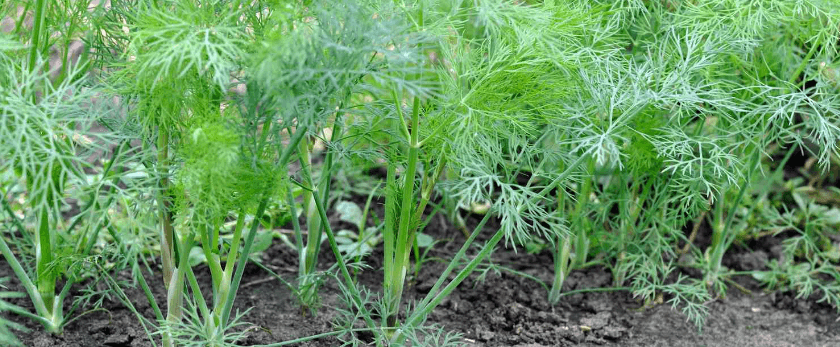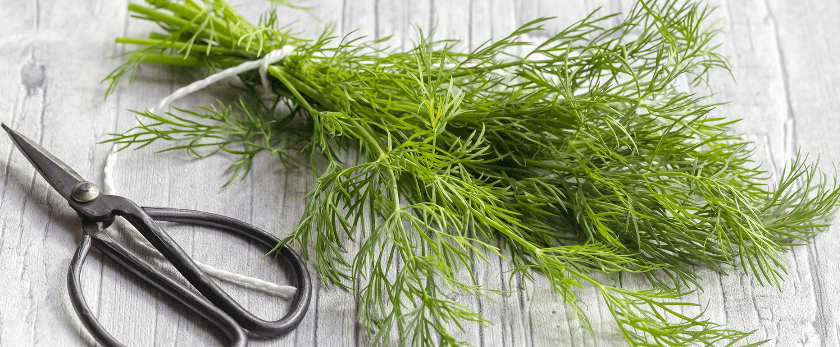Dill is a versatile and flavorful herb that is easy to grow in your own garden. Not only does it add a delicious taste to your dishes, but it also has many health benefits. Dill is rich in antioxidants, vitamins, and minerals, making it a great addition to any diet. Plus, growing your own dill is a sustainable and eco-friendly way to enjoy this herb without contributing to the carbon footprint of store-bought herbs.
In this article, we will discuss how to grow dill, including the best care practices, common problems, and the best time to grow it. By following these tips, you can have a thriving dill plant in your garden in no time.
How to Care for Dill
Watering
Dill plants require consistent moisture to thrive, but they do not like to be overwatered. It is important to keep the soil evenly moist, but not soggy. The best way to achieve this is by watering your dill plant deeply once or twice a week, depending on the weather and soil conditions. Make sure to water at the base of the plant, avoiding getting the leaves wet, as this can lead to fungal diseases.
Light
Dill plants prefer full sun, but they can also tolerate partial shade. If you are growing dill indoors, make sure to place it near a sunny window. If you are growing it outdoors, choose a spot that receives at least 6-8 hours of sunlight per day. Too much shade can cause the plant to become leggy and weak.
Soil
Dill plants prefer well-draining, fertile soil. You can improve the soil quality by adding compost or organic matter before planting. The ideal pH for dill plants is between 5.5-6.5. If your soil is too acidic, you can add lime to raise the pH level.
Fertilizer
Dill plants do not require much fertilizer, but you can add a balanced fertilizer once a month during the growing season to promote healthy growth. Avoid using high-nitrogen fertilizers, as they can cause the plant to produce more foliage and less flavorful seeds.
Pruning
Pruning is an essential part of caring for dill plants. Regular pruning helps to promote bushier growth and prevents the plant from becoming too tall and leggy. You can start pruning your dill plant when it reaches about 6 inches in height. Simply pinch off the top 1-2 inches of the plant to encourage branching. You can also harvest the leaves and seeds as needed, which will also help to keep the plant compact.

What is the Best Time to Grow Dill?
Dill is a cool-season herb, meaning it prefers to grow in cooler temperatures. The best time to grow dill is in the spring or fall when the temperatures are between 60-70°F. Dill can also be grown in the summer, but it may bolt and go to seed quickly in hot weather. If you live in a warmer climate, you can grow dill in the winter months.
Common Problems with Dill
While dill is a relatively easy herb to grow, it can still face some common problems. Here are a few issues you may encounter and how to address them:
- Pests: Dill plants are susceptible to pests such as aphids, caterpillars, and spider mites. You can use natural methods like neem oil or insecticidal soap to control these pests.
- Diseases: Dill plants can also be affected by fungal diseases such as powdery mildew and downy mildew. To prevent these diseases, make sure to water at the base of the plant and avoid getting the leaves wet. You can also use a fungicide if necessary.
- Bolting: As mentioned earlier, dill plants can bolt and go to seed quickly in hot weather. To prevent this, make sure to plant in the cooler months or provide some shade during the hottest part of the day.
Conclusion
Growing dill is a rewarding experience that not only adds flavor to your dishes but also contributes to a more sustainable lifestyle. By following the care tips mentioned in this article, you can have a healthy and thriving dill plant in your garden. Remember to water consistently, provide enough sunlight, and prune regularly to keep your dill plant happy and productive. With a little bit of effort, you can enjoy fresh dill all year round. Happy gardening!










